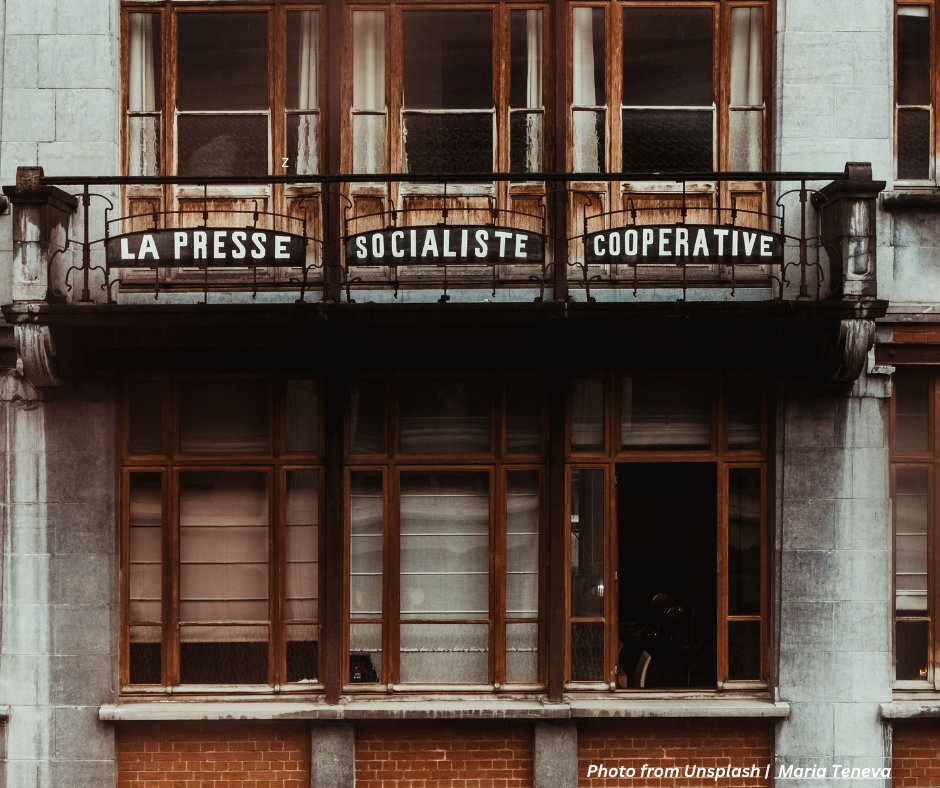
Photo from Unsplash | Maria Teneva
The following post does not create a lawyer-client relationship between Alburo Alburo and Associates Law Offices (or any of its lawyers) and the reader. It is still best for you to engage the services of a lawyer or you may directly contact and consult Alburo Alburo and Associates Law Offices to address your specific legal concerns, if there is any.
Also, the matters contained in the following were written in accordance with the law, rules, and jurisprudence prevailing at the time of writing and posting, and do not include any future developments on the subject matter under discussion.
AT A GLANCE:
By virtue of Proclamation No. 133, Series of 1949, the first Saturday of July of each year is designated as “International Cooperative Day in the Philippines”.
The government recognizes intelligent efforts towards stimulating among the people greater interest in cooperative organizations. These organizations play a very important role in the economic life of many countries. (Proclamation No. 133, s. 1949)
Proclamation 133, s. 1949 was issued to strengthen the ties that unite members of cooperatives in different countries as a manifestation of the high degree of organization that characterizes cooperative movement.
The law says:
“NOW, THEREFORE, I, Elpidio Quirino, President of the Philippines, do hereby designate the first Saturday of July of each year as International Cooperative Day in the Philippines.”
In 1990, Republic Act No. 6938 or the Cooperative Code of the Philippines was enacted to foster the creation and growth of cooperatives as a practical vehicle for prompting self-reliance and harnessing people power towards the attainment of economic development and social justice. (Article 2, R.A. No. 6938)
The Cooperative Code of the Philippines was amended by Republic Act No. 9520, or the Philippine Cooperative Code of 2008.
What is a cooperative?
The law says:
“A cooperative is an autonomous and duly registered association of persons, with a common bond of interest, who have voluntarily joined together to achieve their social, economic, and cultural needs and aspirations by making equitable contributions to the capital required, patronizing their products and services and accepting a fair share of the risks and benefits of the undertaking in accordance with universally accepted cooperative principles.” (Article 2, R.A. No. 6938, as amended by Section 1, Philippine Cooperative Code of 2008)
Every cooperative shall conduct its affairs in accordance with Filipino culture, good values and experience and the universally accepted principles of cooperation which include, but are not limited to, the following:
(1) Voluntary and open membership;
(2) Democratic member control;
(3) Member economic participation;
(4) Autonomy and independence;
(5) Education, training, and information;
(6) Cooperation among cooperatives; and
(7) Concern for community. (Article 4, R.A. No. 6938, as amended by Section 1, Philippine Cooperative Code of 2008)
May a cooperative be considered as a tool for restraint of trade or illegal monopoly?
No. The Philippine Cooperative Code provides that “no cooperative or method or act thereof which complies with this Code shall be deemed a conspiracy or combination in restraint of trade or an illegal monopoly, or an attempt to lessen competition or fix prices arbitrarily in violation of any laws of the Philippines.” (Article 8, R.A. No. 6938, as amended by Section 1, Philippine Cooperative Code of 2008)
Read also: Cooperative and its Powers
Alburo Alburo and Associates Law Offices specializes in business law and labor law consulting. For inquiries regarding taxation and taxpayer’s remedies, you may reach us at info@alburolaw.com, or dial us at (02)7745-4391/0917-5772207.
All rights reserved.

